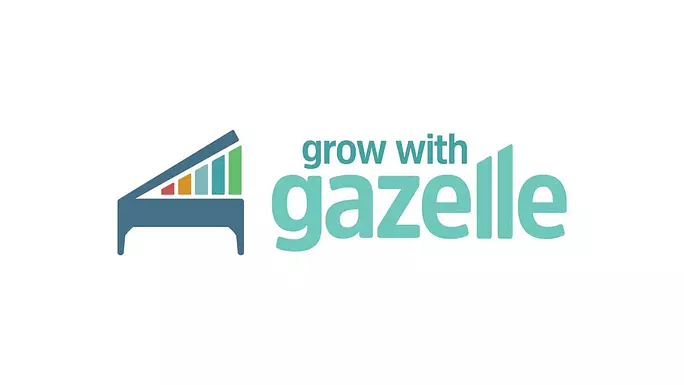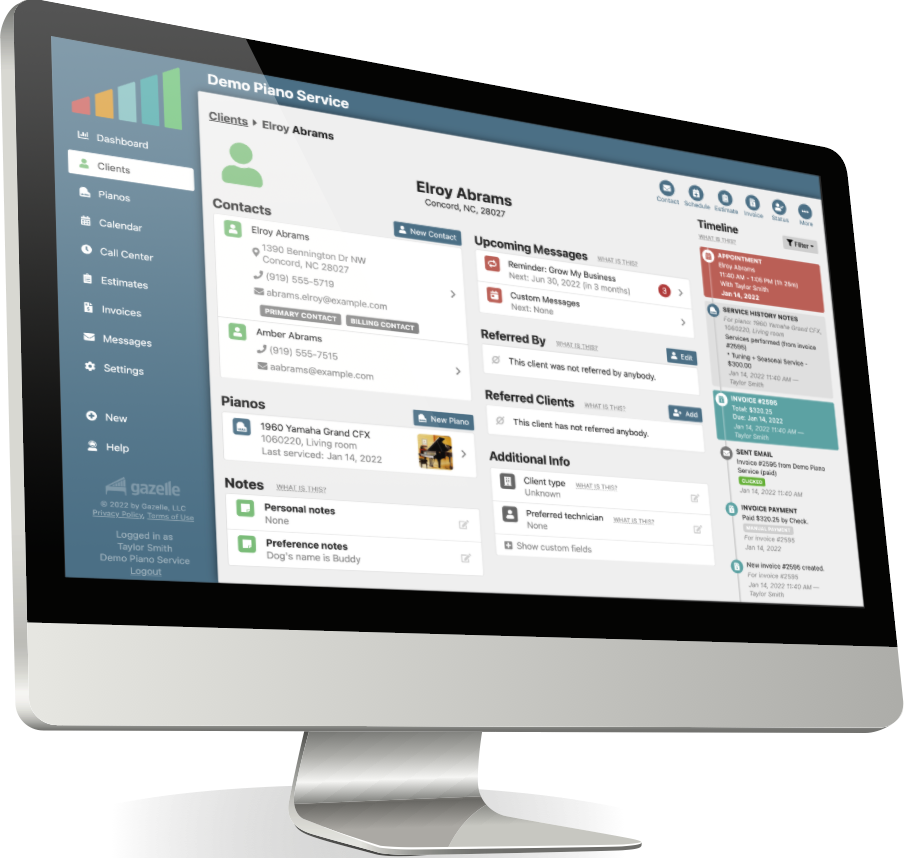Many piano technicians in the United States find themselves needing a quick education to help them navigate the new federal COVID-19 aid to small businesses. The aid is being distributed through agencies and bureaucratic systems you may not be familiar with.
We have summarized what we know, as of March 31, but since the aid specifications are developing, talk to your accountant for advice on how to proceed.
There is a lot of aid available, and the government is trying to boost existing programs to distribute this aid faster. These programs were not originally designed for such a massive scale, so some patience will be required as they ramp up their processes.
What kind of aid is this?
It is important to know that much of this aid is currently structured as debt. If you are not comfortable with debt you need to read the fine print.
Not all of this aid is debt, and some of the aid is “forgivable debt” but the criteria for forgiveness is still being fleshed out by individual agencies. Since there are a lot of moving parts and uncertainty surrounding all of this, you should move at the pace of your own understanding. Staying calm and taking time to understand helps you slow down just enough to create a better outcome for your business.
The Small Business Administration (www.sba.gov)
The SBA has historically provided $30 billion dollars of loans and grants annually. This week they are working hard to adapt pre-existing programs to the new rules in an effort to deliver $377 billion. Here is a quick summary of programs you may want to ask your accountant about and be familiar with:
- EIDL – Economic Injury Disaster LoansThe EIDL loans are historically issued by the SBA when a localized disaster (like a tornado) destroys a business. In the last few days, the federal government made three changes to this program:
- These loans can now be applied to cover income loss due to COVID-19
- Applying for these loans is being expedited. All the paperwork is not required upfront, just a quick online form gathering preliminary information.
- These loans can provide an immediate $10,000 cash advance that, according to the SBA, doesn’t have to be paid back if the loan is not approved. There is a good chance the $10,000 cash advance might not ever be required to be paid back (essentially making it a grant disguised as a cash advance on a loan that may never exist).
- 7(a) Loans & Payroll Protection PlanThe 7(a) loan program is another established program the SBA has at its disposal. 7(a) loans are historically provided through an established and limited network of lenders (e.g. local banks). The federal government changed this program to respond to the COVID-19 crisis in three ways:
- They injected $350 billion in funding.
- They made some of the loans “forgivable” essentially making them grants if you use it to cover payroll and do not lay employees off. This is the new Payroll Protection Plan (PPP)you have been reading about in the news.
- They raised all the limits on these loans and lowered the collateralization standards. Historically, 7(a) loans require a higher screening: proof of accounting, expenses, payroll, revenue, credit worthiness, etc. These standards have now been somewhat relaxed.
- Double Dipping EIDL & 7(a) PPP FundsHistorically, you are not allowed to double dip from multiple government sources. That is called fraud. Expect the SBA to issue guidelines to ensure people who take EIDL loans do not double dip or have their PPP loans reduced by the EIDL amounts.
- State Unemployment Insurance (UI Benefits)Every state has an unemployment insurance program and every employer has to pay into the program each month. Employers who frequently lay people off normally pay higher amounts and freelancers and business owners do not qualify for state unemployment unless you paid into the program as a W2 employee. In response to the COVID-19 crisis most states are changing their UI programs in the following ways:
- They are not penalizing businesses for laying people off.
- They are waiving some of the requirements for qualification, making it easier for workers to access the UI funds.
- They are extending the time workers can draw UI funds.
- Federal Pandemic Unemployment Assistance ProgramTo help 1099, gig workers, and non-W2 workers; Congress created a federal pandemic UI program that pays up to $600 per week to be funneled through your state’s unemployment program. You may qualify for this (in addition to any state UI benefits), but states are having to adapt to these new rules. Talk to your accountant and check with your state UI agency to ask for clarification on their program’s benefits.If you are not a W2 employee you CAN apply for the federal unemployment money through your state’s unemployment system. If you are a W2 employee you might be able to draw both state and federal unemployment. Talk to your accountant and check with your state UI agency to ask for clarification on their program’s benefits.
- Minority Owned BusinessesIf you are a minority-owned business there are additional grants and funding available through the SBA. This is a similar program to the EIDL and PPP 7(a) loans so be sure to ask your accountant what you qualify for and the specific requirements of each.
- Personal Stimulus ChecksIn addition to the aid available to you as a small business owner (or 1099/gig worker), personal stimulus checks from the federal government are being sent in the coming weeks. This is in addition to everything discussed above.
We hope this summary helps you know where to start looking for aid, should you require it, and how to navigate each program. The most important thing you can do is talk to your accountant about each of these programs and go at the pace of your own understanding.
We know this is a stressful situation for many small business owners. We are here to offer you as much support as we can give.



